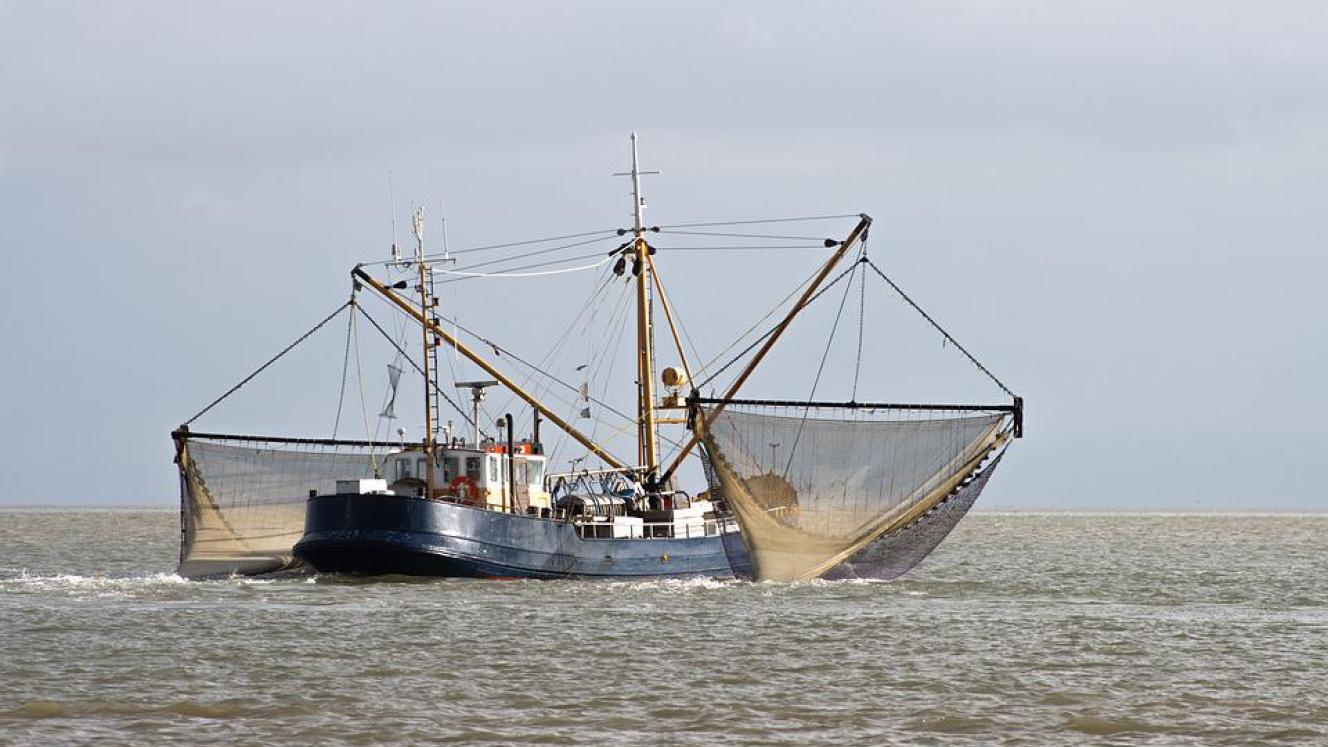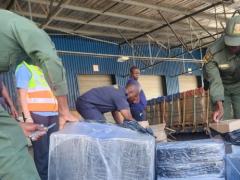The African continent produces seven million tonnes of marine fish a year, which has increased in recent years due to improved catches in West Africa and the end of Somalian piracy in the Indian Ocean.
But according to a recent study highlighted in The Conversation, demand still outstrips growth in supply, presenting an opportunity to significantly upscale and develop new fisheries and aquaculture on the continent.
Africa’s population is expected to reach 1.7 billion in 2030 and 2.5bn in 2050. Fish consumption is already 7.5 kilograms per capita per year according to the research. This means supply needs to grow to 13 million tonnes of marine fish in 2030 and almost 19m tonnes in 2050.
These figures provide an idea of the scale of the production gap: about six million tonnes in 2030 and 12m in 2050.
The African National Resources Centre of the African Development Bank Group conducted a study to evaluate the potential for the development of fisheries and aquaculture in the region to overcome this production gap and ensure food security and livelihoods of millions of people across the continent who depend on fisheries and fishery resources for survival and income.
The main finding was that despite the pressures fisheries face, there is enormous potential to increase productivity of the fisheries. At the same time there is potential to increase the health of coastal and marine environments and provide new avenues for job creation.
According to the researchers, the review can be used to inform sustainable fisheries development and governance of sustainable exploitation of fisheries resources in line with the growth of Africa’s blue economy.
However, climate change and alterations in fish distribution patterns pose significant threats to catch potential and the security of coastal communities. Reductions in water quality through pollution, habitat destruction, and unsustainable and destructive fishing practices endanger the ability of ecosystems to support fisheries.
Despite the threats, the study showed that there were still opportunities to secure the future of African marine fisheries.
Firstly, the study found that the continental fish market is large, with high demand and increasing purchasing power. Africa is a net importer of fish but has the potential to become a net exporting continent. Secondly, there is increasing attention and finance being invested in the health of ecosystems, with efforts to mitigate biodiversity loss and the effects of climate change.
According to the study, restoring ecosystems to a healthy condition could increase fish production by 50-60%, adding 9-10.5m tonnes to annual net supply by 2050. Healthy ecosystems act as nurseries, feeding grounds, and breeding grounds for various species important to fisheries.
This value can be exceeded through more accurate valuation of ecosystems, increasing the role of marine protected areas in fisheries management, and improved marine spatial planning.
A further two to three million tonnes of fish net supply could be delivered by 2050 by improving the sustainability of fisheries operations and reducing the environmental footprint of fleets and processing industries. Proper transboundary management should focus on resolving foreign access agreements and addressing informal and illegal fishing.
The study showed that improving harvest and post-harvest chains has the potential to deliver an additional 1.5-2m tonnes net supply by 2030. Scaled-up mariculture (fish farming) can offer two to four million tonnes. Adding value to products – for example smoking and drying fish – can reduce losses that now represent 35% of harvests.
The researchers also found that the best way for Africa to reduce its vulnerability to external shocks was by boosting intra-regional trade and limiting exports.
“The nutritional needs of African nations should come first. Links at the African level need to be forged and investment channelled into regional collaborative mechanisms for trade,” the researchers said.













